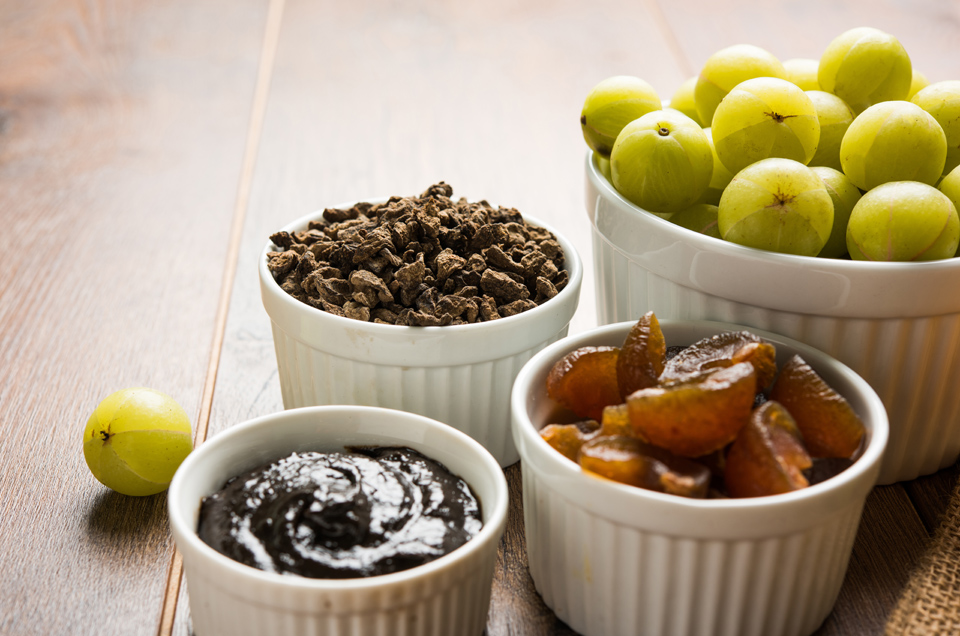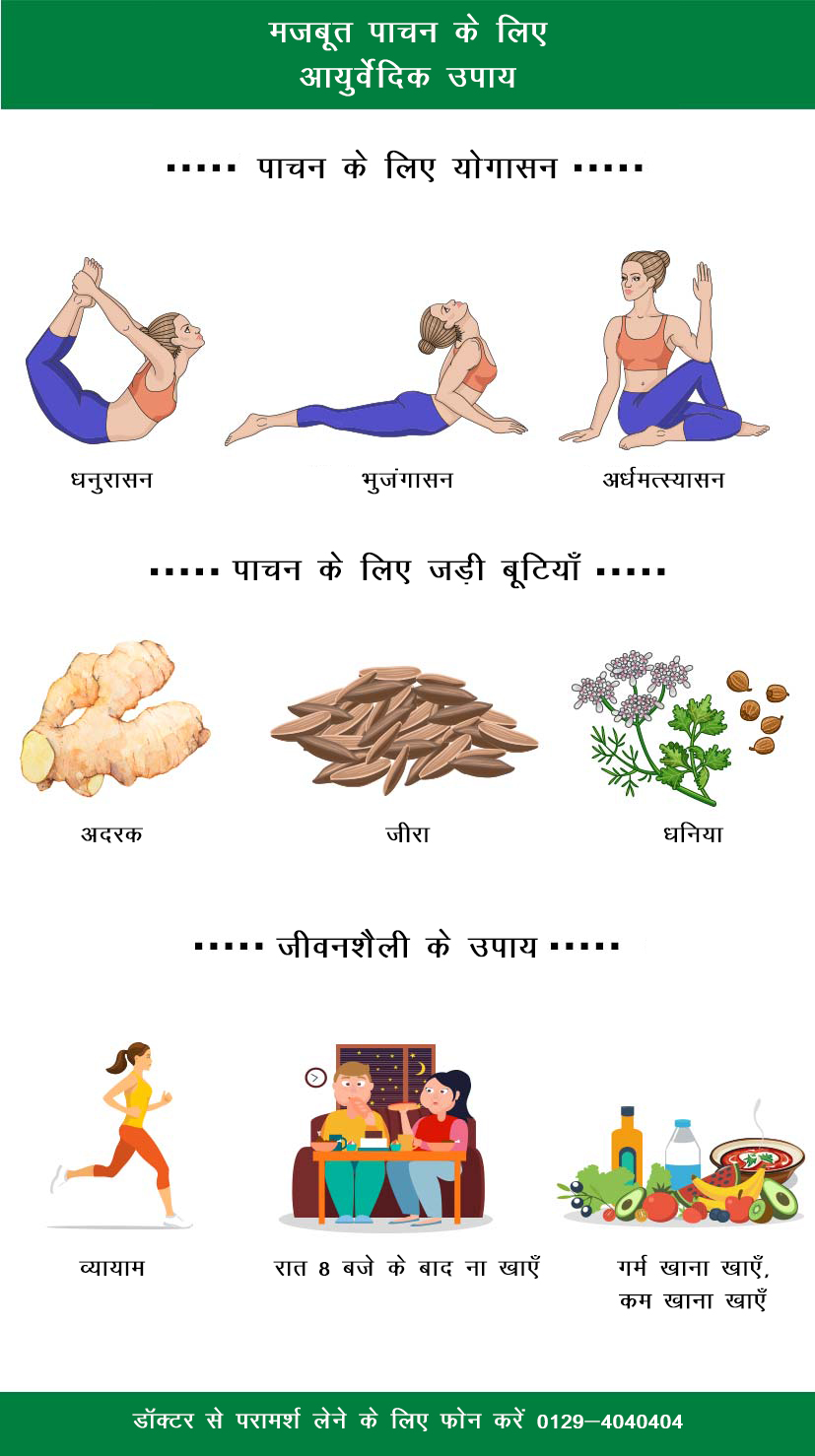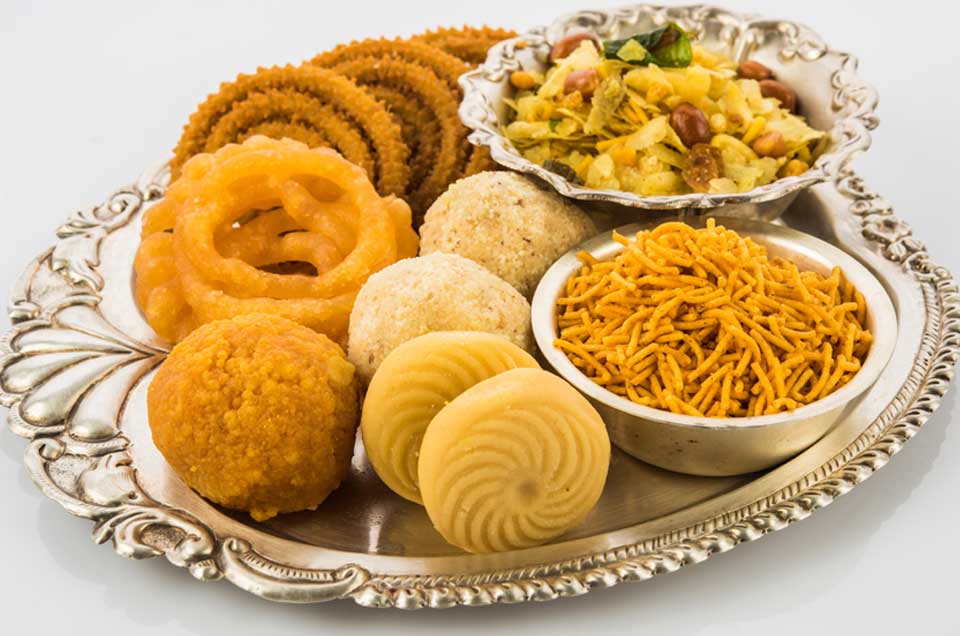 Ayurveda is an ancient medical science that existed in human society before the application of modern science to health. Ayurveda dates back an estimated 5000 years and is widely considered to be the oldest form of healthcare in the world that uses a comprehensive approach to diagnose diseases of all kinds.
Ayurveda is an ancient medical science that existed in human society before the application of modern science to health. Ayurveda dates back an estimated 5000 years and is widely considered to be the oldest form of healthcare in the world that uses a comprehensive approach to diagnose diseases of all kinds.
An Overview
Ayurveda is the first Medical System to incorporate promotive and preventive Healthcare management. The unique feature of Ayurveda is that it gives importance to Holistic treatment. By this, the disease will be destroyed from the root level and it does not reoccur.
Promotive and preventive measures, help in the prevention of infectious diseases, pandemics, metabolic diseases, lifestyle disorders, seasonal diseases and even genetic diseases as well.
The glory of Ayurveda lies in its evolution of the theory of maintenance of Health and the Genesis of diseases. Centuries have come and gone; the nature of disease perhaps has changed; new diseases have appeared and some of the old ones are almost extinct. But Ayurvedic principles of maintenance of health stand for all times and circumstances justifying ancient needs and catering for the future.
What is The Philosophy of Ayurveda?
Ayurveda considers the human being as part of nature in other words nature (macrocosm) and human beings (microcosm) have a relationship of whole and part. Here the whole and part have the same characteristics but they never become equivalent. According to Ayurveda immunity is decided by genetics, place of birth, time of birth, season, nutrition, digestive power and many more similar factors. Ayurveda believes in soil which is the body, not the seed which is the disease.
But modern medicine believes in seeds and gives less importance to the soil. So modern medicine has developed the vaccination for preventing infectious diseases. But Ayturvedic Classics strongly believe in immunity and they advise to increase immunity further through immuno-modulators rather than merely killing the microbes causing the diseases in the first place. According to Ayurveda, the treatment is done till the normalisation of the body tissues but modern medicine treats the diseases till symptomatic relief. so in most instances, the disease will recur.
Ayurveda Vs Modern Medicines
In Ayurvedic treatment, The selection and dosage of medicines are specific to the patient and the doshas. Panchkarma involves 5 therapies - Purgatives or laxatives, therapeutic vomiting, medicated enema, nasal administration of medicine, and blood purification.
Dietary and Lifestyle interventions are initiated according to the disturbed doshas and based on the Prakriti which is the physical and mental constitution of a person. Whereas modern medicine does not treat the patient as a whole. The dose of ayurvedic medicines is based on the digestive fire of the patient, the strength of the patient, and the strength of the disease et cetera but modern medicine advises fixing the dose of the medicine based on body weight or surface area of the body.
The herbo-minerals and poisonous drugs when properly purified and prepared according to the Samhitas and administrated for a short period in appropriate doses, do not cause adverse effects. So in the classics or as we refer to as Samhitas, it has been mentioned that even the nektar in excess quantity becomes poison and the skilful use of poison yields beneficial side effects. Ayurveda advises to use of the drug as a whole but modern medicine extracts the active principle. But contrary to this modern drugs are having serious adverse effects and allergic complications even if they are given in appropriate doses.
What is Prakriti, The Mind-Body Constitution?
Prakriti is that conductive state of Doshas or Bio-humours, formed at the time of formation of Garbha, due to self-excitatory causes and which exists from birth to death. Prakriti is the total sum of anatomical, physiological and psychological features. It corresponds to nature, habit, temperament, constitution, personality etc in modern terms. Prakriti has been one most striking fundamental elements of Ayurvedic medical care. It generally makes sense of the natural explicitness working at the cell and genomic level and is considered to a great extent liable for differentiations among people in different fields of capabilities and appearance.
The word itself is quite self-descriptive. "Prakriti" breaks down to "Pra" (meaning essential) and "Kriti" (meaning creation). In Ayurveda, Prakriti is like a special code that reflects your natural tendencies, shaped by both your genes and all your life experiences. It's like a framework that defines your potential.
Based on the specific combination of Doshas (those Ayurvedic energy principles), Prakriti can be broken down into several types. But remember, these are just starting points – countless variations can depend on your unique mix. Understanding your Prakriti subtype is key because it can be a game-changer for your health.
Knowing your type helps you to figure out what foods and lifestyle habits will keep your system running smoothly.
Here's the cool part: Prakriti also influences how susceptible you are to certain illnesses and how you might react to medications. For instance, people of the same age and build can have totally different experiences because of their Prakriti. That's why figuring out your Prakriti has been a big deal in Ayurveda for centuries – it's all about prevention and personalised care.
Want to take a Prakriti Test? Click Here.
So, Prakriti isn't some mystical concept – it's a powerful tool for understanding your unique health and how to optimise it. But first, let’s talk about the Tridoshas, the governing energies inside our body.
What are Doshas in Ayurveda?
Dosha #1- Vata
Vata is associated with movement and is made up of space and air elements.
Dosha #2 - Pitta
Associated with metabolism and is made up of fire and water elements.
Dosha #3- Kapha
Associated with structure and lubrication and is made up of water and earth elements.
Depending on the Doshas dominating an individual’s Prakriti, a person exhibits certain types of physical and mental characteristics. Understanding one's Prakriti is crucial in Ayurveda as it helps in understanding the unique needs of an individual in terms of diet, lifestyle, and treatment. By knowing one's Prakriti, one can make informed choices about their health and well-being.
For example, a person with a Pitta dominant Prakriti should avoid spicy and hot foods that exacerbate their fiery nature, while a person with a Kapha dominant Prakriti should avoid heavy and oily foods that can lead to stagnation and lethargy. In addition to the doshas, Prakriti also takes into account other factors such as Agni (digestive fire), Ojas (vital energy), and Dhatu (tissues). These factors play a crucial role in maintaining health and well-being according to Ayurveda.
Does Prakriti Keep Changing?
Prakriti is not static and can change over time due to various factors such as diet, lifestyle, environment, and age. It is important to regularly assess one's Prakriti and make adjustments to maintain balance and harmony in the body and mind. Prakriti is also used in Ayurveda to determine the cause of disease and prescribe appropriate treatment. By understanding the individual's unique constitution, Ayurvedic practitioners can tailor treatment plans to address the root cause of the disease and restore balance to the body.
In modern times, Prakriti is being increasingly studied and researched for its role in personalised medicine and healthcare. With advancements in genomics and personalised medicine, there is growing interest in understanding the genetic basis of Prakriti and its implications for health and disease.Recent studies have shown that certain genetic variations are associated with specific Prakriti types and susceptibility to certain diseases. By identifying these genetic markers, researchers hope to develop more targeted and effective treatments for individuals based on their Prakriti.
Prakriti is not just limited to physical characteristics but also includes psychological and emotional traits. Ayurveda recognizes that the mind and body are interconnected, and imbalances in one can manifest as imbalances in the other. By understanding one's Prakriti, individuals can gain insight into their personality traits, behaviours, and tendencies, and work towards achieving a state of mental and emotional well-being.
Prakriti is a holistic concept that encompasses all aspects of an individual's being. It emphasises the importance of living in harmony with one's nature and natural rhythms to maintain health and prevent disease. By aligning with one's Prakriti, individuals can optimise their health and well-being and lead a balanced and fulfilled life.
In conclusion, Prakriti is a fundamental construct in Ayurveda that defines an individual's unique constitution based on the doshas, elements, and other factors. Understanding one's Prakriti is essential for maintaining health and well-being according to Ayurveda principles. By recognising and honouring one's Prakriti, individuals can live in harmony with their nature and achieve optimal health and wellness.
By delving deeper into the ancient wisdom of Ayurveda and integrating its principles into your life, you can embark on a path to optimal health and well-being.
Jiva Ayurveda offers a wealth of resources, including educational content, consultations with qualified doctors, and authentic Ayurvedic products to empower you on your Ayurvedic journey. Explore more to learn more about Ayurvedic medicine, find a doctor, locate a nearby Jiva clinic and discover the path to a healthier, happier you powered by Ayurveda.
































